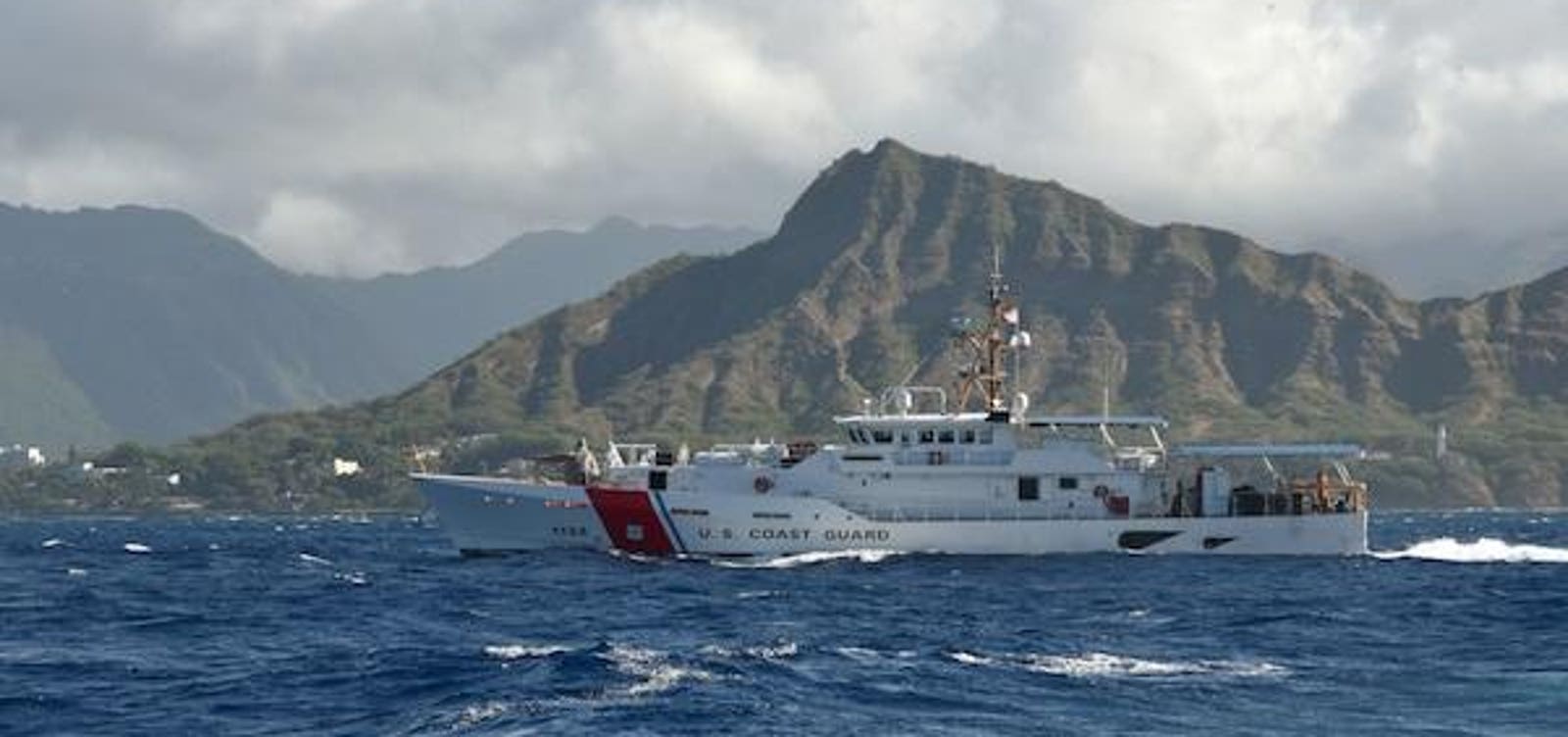Parent writing from his son's account: You mentioned "mentorship" in your case for the US Navy (large company). In my 20-year US Naval career, I have been both the mentored party (by mid and senior enlisted, and in a few cases, by LT(s) and mid-grade officers) and the mentor of junior enlisted and junior officers (my division officers). It's a unique part of most of the first world's military services that mid to senior-enlisted have their role in mentoring junior officers. All of those things being said, I have seen stellar mentoring, disgracefully poor mentoring, and situations where there was no mentoring at all of junior officers (by their senior officers and/or mid/senior enlisted sailors). Sometimes, senior and mid-grade officers have no desire whatsoever to mentor the junior officers below them. I do not understand why this happens sometimes and I'm not saying this is the predominant attitude or the situation most of the time, but this unfortunate circumstance does occur. I've also seen situations where the junior officer had, to their own determent, no interest or desire to be mentored and learn their jobs properly (mostly Annapolis graduates who, sadly mistaken, thought they new everything on day one). In the US Navy during the times where I saw/participated in good mentorship there was a belief in the mentors that it was necessary to "train their relief." Another factor motivating good mentors is that they want their junior officers trained properly because said junior officer's actions or inactions might endanger lives and/or the safety of the ship (primarily when standing watch as Underway Officer of the Deck). I might be totally off-base here with my next comments, but here goes. Corporations' primary motivation is to make money! A military's primary motivation is supposed to be to defend the nation. You can make a case that there are reasons for good and bad mentorship in both large corporations and in the military. In corporations, a person in the mentor position might want to keep their knowledge and experience to themselves to eliminate competition from the junior employee. In the case of the Navy, I would say that the primary reason for the senior not to mentor properly is not from fear of competition from the junior officer, but more from personal laziness. Disclaimer: In my career, Good vs. Poor mentorship was about a 85% / 15% ratio.

 www.forbes.com
www.forbes.com

 www.forbes.com
www.forbes.com
